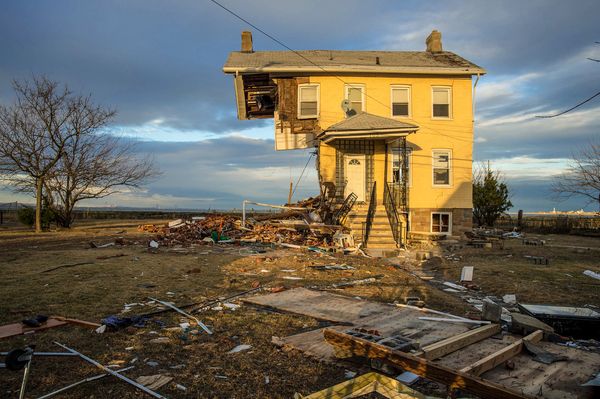
Smith is the mother of two young children. She imagines how, in the year 2050, she would explain to a hypothetical granddaughter why previous generations failed to act. (emphasis added)
I don’t expect she will forgive me, but it might be useful for her to get a glimpse into the mindset, if only for the purposes of comprehension. What shall I tell her? Her teachers will already have explained that what was happening to the weather, in 2014, was an inconvenient truth, financially, politically—but that’s perfectly obvious, even now. A global movement of the people might have forced it onto the political agenda, no matter the cost. What she will want to know is why this movement took so long to materialize. So I might say to her, look: the thing you have to appreciate is that we’d just been through a century of relativism and deconstruction, in which we were informed that most of our fondest-held principles were either uncertain or simple wishful thinking, and in many areas of our lives we had already been asked to accept that nothing is essential and everything changes—and this had taken the fight out of us somewhat.
Related posts:
The earth’s scars
Health care, climate change, and the myth of the free market
Doctors and the health crisis of global warming
Climate crisis. Health crisis. Same difference.
Global warming makes me sick
Climate change: Bad news for children’s health
Merchants of Doubt
Scientists confront political attacks on climate change
Penguins as canaries
Image source: National Geographic
References:
Zadie Smith, Elegy for a Country’s Seasons, The New York Review of Books, April 3, 2014


Sorry, comments are closed for this post.